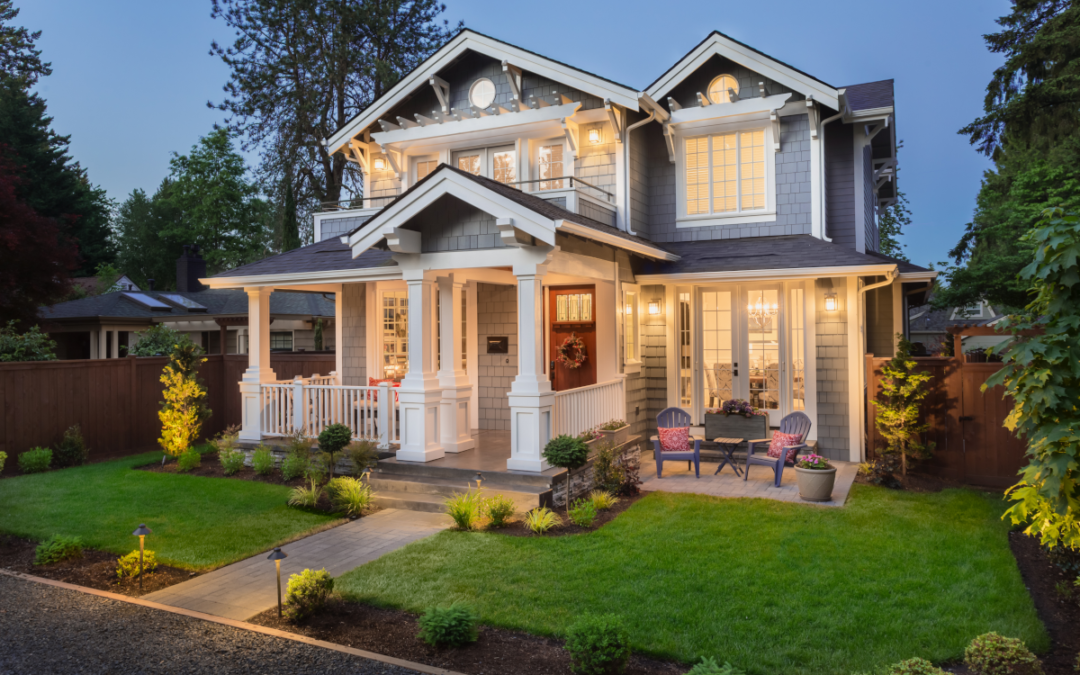Last Updated on March 2, 2021 by Eric
Shopping for the best mortgage loan can be a somewhat daunting task, especially when compared to your normal bargain hunting endeavors. Understanding a few baseline aspects of the process can go a long way towards easing the process. Finding the best mortgage will start with prep work, understanding your options, and then making the final decision.
Calculate What You Can Afford
The answer you’re seeking is not the one the lender provides you. With a good credit score, lenders will be more likely to work with you and approve you for more. But remember, their job is to sell you a loan, your job is to make sure you can afford it (and living) for the long-term. There are some approvals that will go beyond your actual means, to keep life running smoothly, make sure you know where your actual limits are.
Start Saving For Initial Costs
Saving up for a down payment can seem like a daunting task. In all actuality, this process starts well before your home buying journey. Alongside the downpayment, you will be looking at saving for closing costs and related fees. It is having this money in the bank that will increase your mortgage approval odds. It is also best to try and save more than a minimum down payment. This allows you to have a little more equity instantly built into your home while having a little extra buffer for the fluctuating real estate market.
Mortgage Length Considerations
Mortgages come in varying lengths, generally between 10 and 30 years. While stretching the mortgage out can create a smaller monthly payment, bigger payments on a shorter length loan will offer you reduced overall interest expense and a significantly better mortgage interest rate.
Available Mortgage Types
Most buyers will fall into the category of a conventional loan. This is a mortgage that isn’t federally insured and is best for those with good credit and a minimum down payment already in the bank. For other situations, there can be different types of mortgages that can fit better. These are:
- VA Lonas – A mortgage type for active duty and military veterans with special benefits. These can include low-interest rates and no down payment. (See Va Loans)
- USDA Loans – Usually a zero down payment loan for those looking to purchase in rural areas. (See USDA Loans)
- FHA Loans: This is a loan designed for those with limited funds and lower credit scores. (See FHA Loans)
- Jumbo Loan: This type of mortgage allows buyers to purchase a home that is more expensive than the conventional loan requires, with very strict requirements. (See Jumbo Loans)
Understanding Interest Rates
The interest rate is the price you’ll pay for your mortgage loan itself. These rates fluctuate constantly, in near real-time. Shopping for the lowest rate is usually the most desired approach, but these rates can either be fixed in for the life of the loan or adjust (yearly) with the new interest rate of the market. A fixed type may start off slightly higher than the adjustable, but very well end up less expensive down the road. Whereas the adjustable can start off cheaper, but it can move in any direction (up or down) during the recalculation period of your mortgage. This period, however, can be 3 or more years into the mortgage. So for example, if you know you are not staying in the property very long, your best bet may be to choose the lower rate of an adjustable with the plan to get out before it has the possibility of rising.
Shop Lender’s
With all of this knowledge on your side, shop mortgage lenders like you would during any bargain-hunting adventure. This part of the process can take as long as the house shopping process itself. You’ll want to shop at least a handful, three or four, different mortgage lenders and see who is offering you the best deal that fits your plans, needs, and budget.





